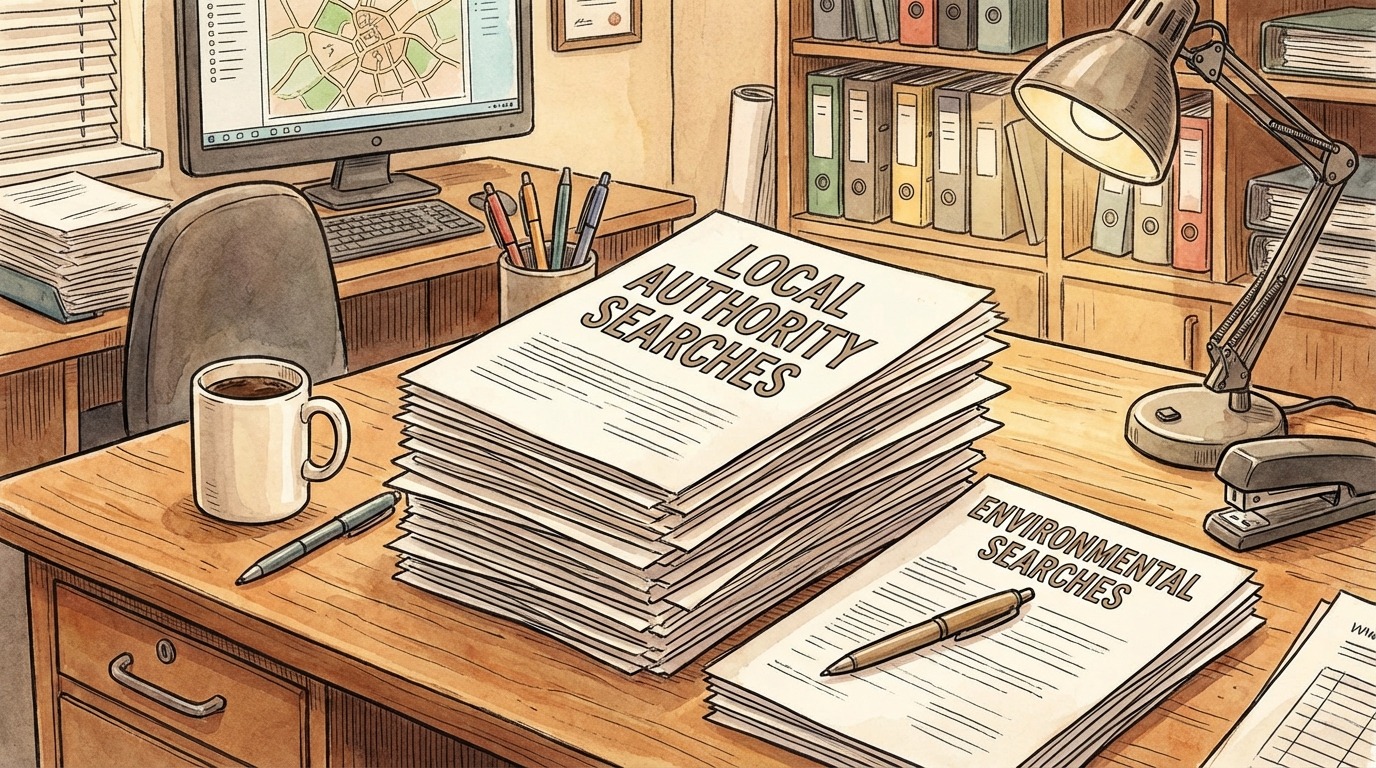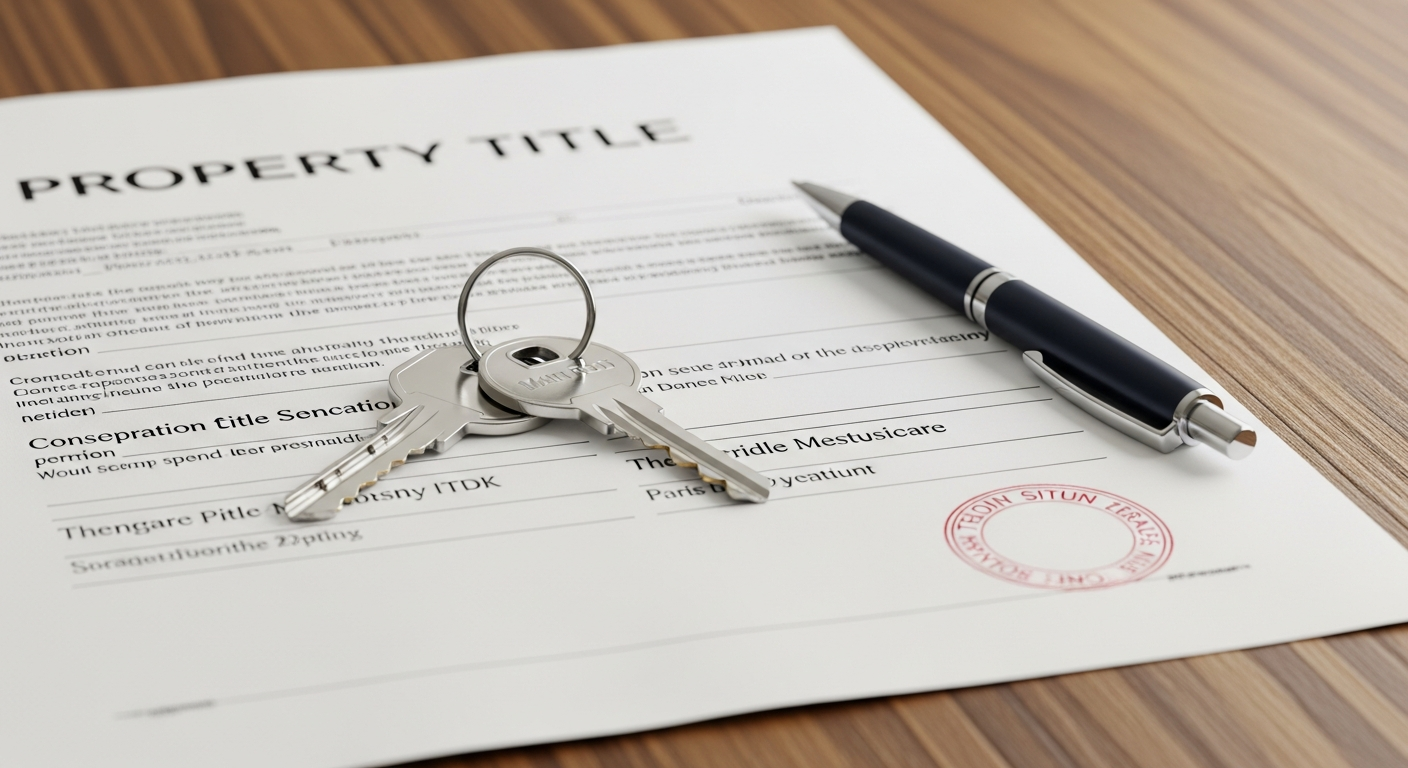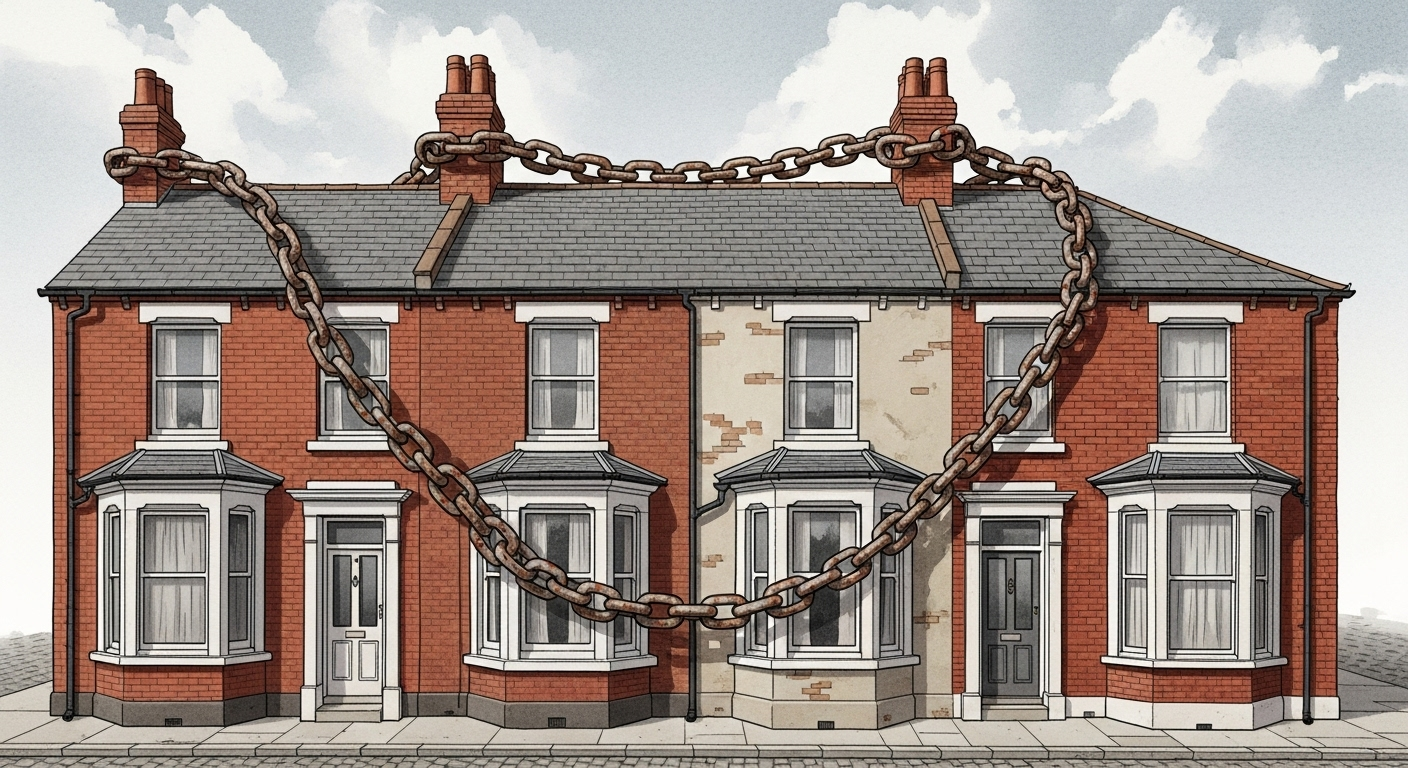Blog
Guide

Conveyancing searches explained
Conveyancing searches are an essential part of buying a property. If you’re planning on having a mortgage, most lenders require them as part of the mortgage agreement. Searches make up a large part of the legal fees for a property purchase - our article explains what you need to know and why they should be carried out.
What are conveyancing searches?
Put simply conveyancing searches are enquiries submitted to various authorities that provide you with more information about the property and land that you are intending to buy.
Why are conveyancing searches needed?
Searches may reveal information that even the seller didn’t know, often things that aren't visible to the average person. As it's one of the biggest investments you will make, it pays to make sure that you have details of all factors you should be aware of, before you sign on the dotted line. Occasionally purchasers change their minds about properties after finding out the results from searches!
What types of conveyancing searches are there?
This will depend on where you live, you may need specific searches for example; you might need mining searches in an area where coal mining used to take place.
Common searches
Local authority search - this can include checking for whether there are plans for new roads nearby, plans for new buildings such as schools in the area and for existing planning permission related to the property you’re buying.
Land registry search - to check that the current owner actually owns the property they’re selling and give priority prior to registration.
Environmental search - checking for aspects such as flood risk, contaminated land, gas hazards and landfill sites in the area.
Water authority search - to check sewer connections and water supply to a property.
Chancel repair insurance - if the property has not changed hands since October 2013 there is a risk that a nearby church may have applied for chancel liability to be registered as an overriding interest. In order to protect you and your lender from this, you may be advised to obtain chancel repair insurance.
How long do conveyancing searches take?
Searches are usually out of the control of your solicitor/conveyancer as they are carried out by local authorities and external third parties. In most circumstances, searches are carried out within 2 to 4 weeks however; it can take even longer to get search results back to a solicitor / conveyancer. In some situations, the results may mean further enquiries need to be raised. It is advised to get searches requested as early as possible so as not to hold up your purchase or your chain.
Disclaimer
The materials on this website do not constitute legal advice and are provided for general information only. Whether express or implied, no warranty is given concerning such materials. We shall not be liable for any technical, editorial, typographical, or other errors or omissions within the information provided on this website, nor shall we be responsible for the content of any web images or information linked to this website.
The information contained in this article does not constitute financial advice or recommendation and should not be considered as such. Arrow conveyancing does not offer financial advice and is not regulated by the Financial Conduct Authority (FCA), the authors of this article are not financial advisors and are therefore not authorised to offer financial advice.
Published on :
December 8, 2024












.png)





